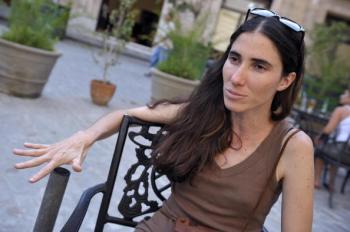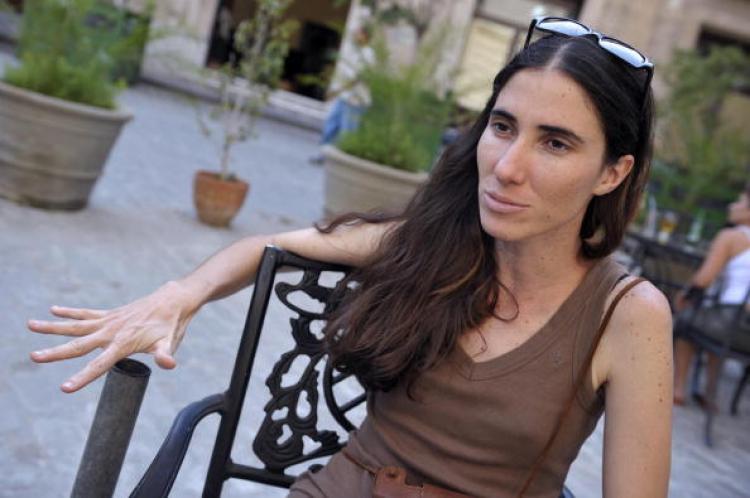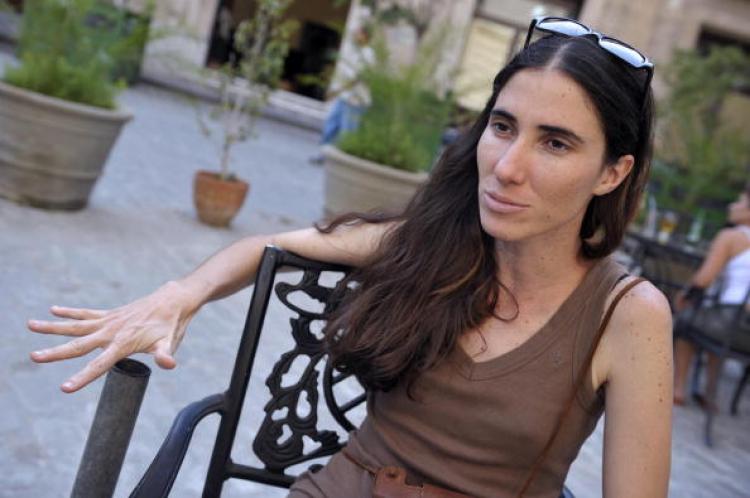This, according to Australian psychologist and social researcher Hugh Mackay, is Generation Y (Gen_Y).
Mr Mackay has done extensive research into Gen Y and their attitudes, conducting in-depth interviews with individuals and holding small group discussions with existing groups, thus distilling a number of cultural commonalities that characterise them.
Gen Y is defined as the group between their late teens through to early thirties and if all goes according to Mr Mackay’s understanding, in a few years time, they will be inspiring social and political change in Australian society.
So far, reports of Gen Y have been bleak. Employers say Gen Ys are flighty, disloyal and impatient, and baby boomers (born post-WWII) complain they are materialistic and self-centred. Not a generation to trust your future to.
But Mr Mackay is quick to point out the positives. Gen Y has made the rapidly changing world their own. “The older generation is not coping with the rapid rate of change, whereas Generation Y are not just coping, but are thriving on it. They have learned how to adapt, learned how to be flexible, how to incorporate all of this uncertainty and unpredictability in their approach to life,” he said.
And there is plenty of uncertainty that Gen Y has grown up with—family breakdowns, social fracturing and the rise of the one or two person family, which now make up 50 per cent of contemporary Australian households. And although they’ve been raised in relative wealth, they’ve also seen their parents deal with the deep depression of the 1990s.
Thus, they turn to each other, Mr Mackay said. They have an extraordinary sense of connectedness, like ancient tribal people, he explains, being more communitarian and co-operative than the baby boomers. “Dealing with social change, it seems as though they have said the most precious resource of coping with this life in an uncertain and unpredictable world is not education, not technology…the most precious of resource in this kind of world is each other,” he points out.
They are values-driven rather than money-driven – post materialistic almost. Although they do want financial security, they are sceptical about the materialistic treadmill their baby boomer parents found themselves on. “They want a good lifestyle and they want to get the balance right. They know life is not about money alone,” he said. They live in a time where religion has been abandoned by their parents, but they are not amoral or anarchistic. Instead, they are very interested in values and are continuously in search of meaning and balance in life.
Options Generation
It is a generation committed to keeping their options open and that’s reflected in their life choices. They change jobs rapidly, have several careers, they have children later, they may have multiple marriages or not marry at all. Gen Y is more likely to be determined to get it right than to rush into something. For Gen Y, 30 is the new 20, he said. That is, what baby boomers might have been doing in their 20s – settling down with a partner, having a first baby or commencing a long-term career – Gen Y are doing in their 30s.
The IT revolution has greatly affected Gen Y, which is often characterised for is interconnectedness, locally as well as globally. They are the generation that grew up with the Internet and high tech gadgets, and they know their way around technology. “They have grown up with this knowing that a new piece of equipment will be obsolete fairly quickly, so why wouldn’t they keep their options open?” Mr Mackay said.
And with this revolution, there has also been the redefining of the concept of privacy and identity. They don’t see a difference in communication between face to face, or “real” communication, like the older generation. It is all real to Gen Y, both online and offline. Privacy is an obsolete concept to them and identities can be multiple.
So What Does This Spell for the Future?
Gen Y wants to make a change and they want it now. They want to live in a world with meaning and social and political change is needed for that. Thus, Mr Mackay says we’ll be seeing some great things from them. “I have great faith that, by being more tribal and communitarian, and less individual and less competitive than other generations, they will be truly democratic, collaborative and consultative.” That attitude could produce a society that has the potential to be more diverse and inclusive than before, but also revive local politics, communities and neighbourhoods.
In the end, they are best set to run this rapidly changing society. “Generation Y has learned to be adaptable in the face of this constant change,” Mr Mackay said. “We will need this adaptability as Australian society continues to evolve.”
Hugh Mackay was speaking at the forum Can we trust Generation Y with our Future? at the University of Western Sydney, Parramatta campus, on April 8.


